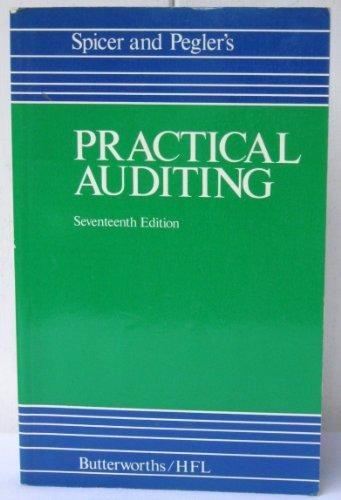Question
ACCT 401 Taxation Chapter 9 (1). Jose purchased a delivery van for his business through an online auction. His winning bid for the van was
ACCT 401 Taxation Chapter 9
| (1). Jose purchased a delivery van for his business through an online auction. His winning bid for the van was $25,500. In addition, Jose incurred the following expenses before using the van: shipping costs of $750; paint to match the other fleet vehicles at a cost of $1,990; registration costs of $2,616, which included $2,400 of sales tax and a registration fee of $216; wash and detailing for $78; and an engine tune-up for $349. |
|
|
| What is Joses cost basis for the delivery van? |
Cost basis
| (2). Wanting to finalize a sale before year-end, on December 29, WR Outfitters sold to Bob a warehouse and the land for $171,000. The appraised fair market value of the warehouse was $124,500, and the appraised value of the land was $139,500. (Do not round intermediate calculations. Round your answers to the nearest dollar amount.) |
| a. | What is Bobs basis in the warehouse and in the land? |
Bobs Basis
Warehouse
Land
| b. | What would be Bobs basis in the warehouse and in the land if the appraised value of the warehouse is $109,500, and the appraised value of the land is $154,500? |
Bobs Basis
Warehouse
Land
| c. | Which appraisal would Bob likely prefer? | ||||||||
|
|
| ||||||||
|
|
| ||||||||
| (3). Phil owns a ranch business and uses four-wheelers to do much of his work. Occasionally, though, he and his boys will go for a ride together as a family activity. During year 1, Phil put 1,119 miles on the four-wheeler that he bought on January 15 for $9,600. Of the miles driven, only 239 miles was for personal use. Assume four-wheelers qualify to be depreciated according to the five-year MACRS schedule and the four-wheeler was the only asset Phil purchased this year. (Use MACRS Table 1, Table 2, Table 3, Table 4and Table 5.) (Do not round intermediate calculations. Round your final answers to the nearest whole dollar amount.) | |||||||||
| a. | Calculate the allowable depreciation for year 1 (ignore the 179 expense and bonus depreciation). |
Depreciation expense
| b. | Calculate the allowable depreciation for year 2 if total miles were 1,405 and personal use miles were 530 (ignore the 179 expense and bonus depreciation). |
Depreciation expense
| (4). Nicole organized a new corporation. The corporation began business on April 1 of year 1. She made the following expenditures associated with getting the corporation started: Attonmey fees for articles of incorporation Feb 10 $39,000 March 1 - March 30 wages Mar 30 6,100 Stock issuance costs Apr 1 27,000 April 1- May 30wages May 30 15,250 |
| a. | What is the total amount of the start-up costs and organizational expenditures for Nicole's corporation? |
Total amount of the start-up costs
Organizational expenditures
| b. | What amount of the start-up costs and organizational expenditures may the corporation immediately expense in year 1? |
Total amount of the start-up costs
Organizational expenditures
| c. | What amount can the corporation deduct as amortization expense for the organizational expenditures and for the start-up costs for year 1 (not including the amount it immediately expensed)? (Round intermediate calculations to 2 decimal places and final answer to the nearest whole dollar amount.) |
Start-up costs amortized
Organizational expenditures amortized
| d. | What would be the allowable organizational expenditures, including immediate expensing and amortization, if Nicole started a sole proprietorship instead? |
Allowable organizational expenditure
Step by Step Solution
There are 3 Steps involved in it
Step: 1

Get Instant Access to Expert-Tailored Solutions
See step-by-step solutions with expert insights and AI powered tools for academic success
Step: 2

Step: 3

Ace Your Homework with AI
Get the answers you need in no time with our AI-driven, step-by-step assistance
Get Started


